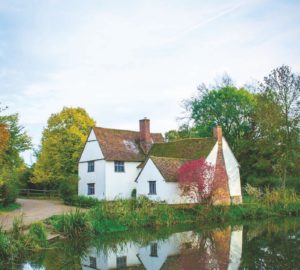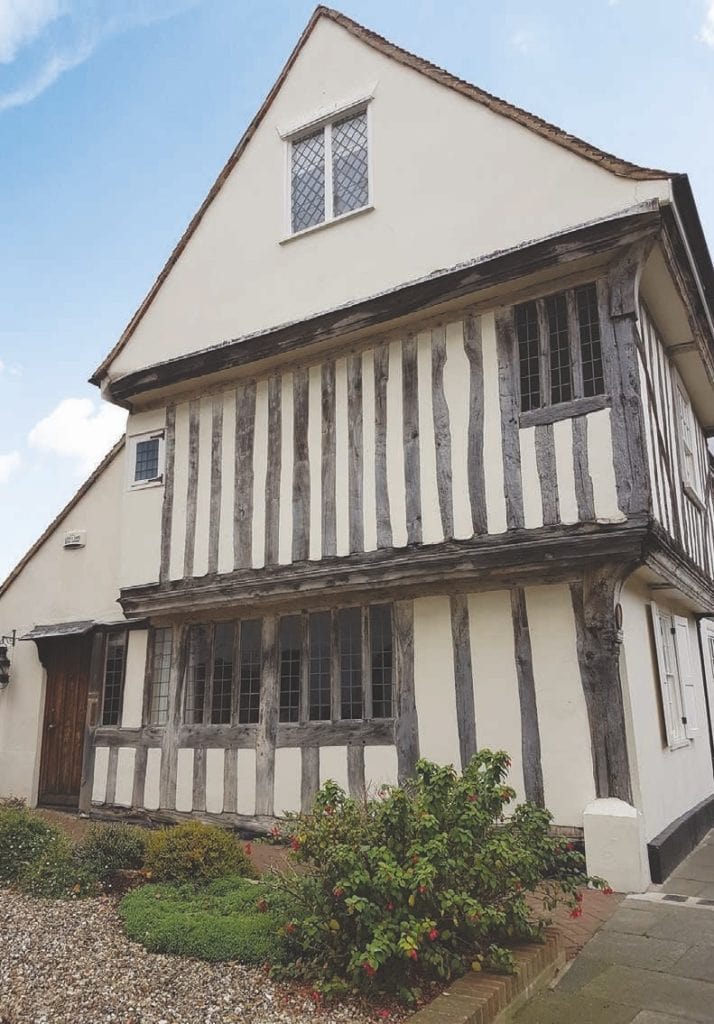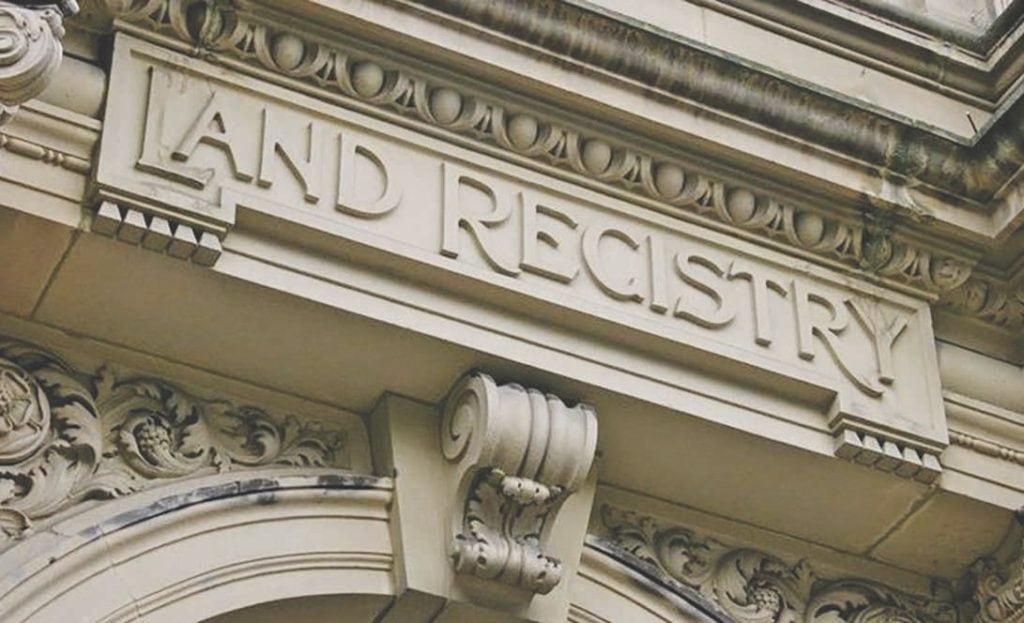Researching the history of your home
Using a few fairly easily accessible tools, you can trace the history of your home and discover a wealth of information about its past owners and uses. We’ve assembled a few tips for you on how to go about this fascinating project.
For many years now, avid amateur history buffs have been tracking their family trees and discovering their roots, using everything from local records to specialist internet sites. It’s a fascinating process and one that makes you feel truly connected to your lineage.
However, it’s not just people who have interesting backgrounds: we’re incredibly lucky to be living in a part of the world where the buildings themselves can have a rich and varied history, and the latest adventure for those of us who love discovering the past is house-hunting – in a historical sense!
Establish the Age
The first thing you need to do is establish the age of your property. For slightly newer houses this could be as simple as looking through your own paperwork, but for older houses this may be a bit more challenging. Start by reading up on your local history and chatting to neighbours or local historians. You can even look to the property itself for clues such as Tudor beams or Victorian slate roofs, and debris found while digging the garden can offer further insight (although you should take this with a pinch of salt – I found a stone arrowhead in my vegetable plot, but I’m fairly certainly the prehistoric locals weren’t fans of 1950s architecture).
Finding out which administrative area your house is in is also important. Knowing the names of the county, registration district and parish in which your property stands will be invaluable down the road.
Context
Don’t neglect to consider how much things change with time. Street numbers and even names may have been altered, and this was particularly common practice in the 19th and early 20th centuries.
Additionally, up until the start of the First World War, around 90% of houses in the UK were privately rented (the Rent Act of 1915 was introduced to stop landlords taking advantage of the increased wages of munitions workers, and this ultimately paved the way for legislation that would allow more tenants to buy their homes). Therefore you need to be aware that the owner of your house was not necessarily the occupant.
Because most of the relevant documents tend to list occupants rather than owners, you will need to look up title registers and deeds if you want to know more about the actual owners. You can request these from solicitors and mortgage providers and, if necessary, from local archives and council record offices. They can also be ordered online from the HM Land Registry. Go to gov.uk/government/organisations/land-registry, search the register for free and fill in a request form.
Online
If you’re looking for more recent information (19th century and on) you will do well to check out the electoral registers for your area, as they’re second only to the census in terms of the information they provide – just remember that not everybody was eligible to vote in the early days.
Although the census has been established since 1841, there is a notable gap: the 1931 census was destroyed by fire and there was no census in 1941, so the 1939 register is your key document for this era. It will tell you the names of the occupants at the time and what they did for a living. It details every household member (including visitors, boarders and servants), and may list the details of neighbouring properties.
Go to nationalarchives.gov.uk/help-with-your-research/research-guides/census-records. Other useful sources that can be found online are rate books, Ordnance Survey maps, hearth tax records and land tax records. These take some digging, but there are dedicated sites such as ancestry.co.uk and findmypast.com that operate on a paid subscription service and have collated all this information.
Parish Records and More
Similarly available online, parish records of baptisms, marriages and burials tended to include the addresses of those involved. Wills and administrations included residence details, as did court records. All these can be helpful in researching properties that predate the census.
One of the best records for history hunters are old newspapers. Thanks to somewhat lax privacy laws, old papers will often include the addresses of persons involved in stories, including victims, criminals and witnesses. They also often feature associated photographs, sketches and even maps. The previously-mentioned research sites have scores of old articles, as will your local archive service.
Offline
Speaking of which, take a trip to your local archive service. Staffed by experts, these facilities are a mine of information and act as repositories for those documents as yet unavailable online, such as estate maps and plans, as well as legal documents like title deeds. If you’re finding that your online research has led you down a bit of a rabbit hole, the experts at the archive service can put you back on track.
Finally, contact your local historical societies (on or offline) – these intrepid researchers may already have done much of the work for you and will be more than willing to share their knowledge.
Most of all, enjoy yourself – there’s so much information out there just waiting to be discovered and you never know quite what you’ll find.
Posted in: Property






